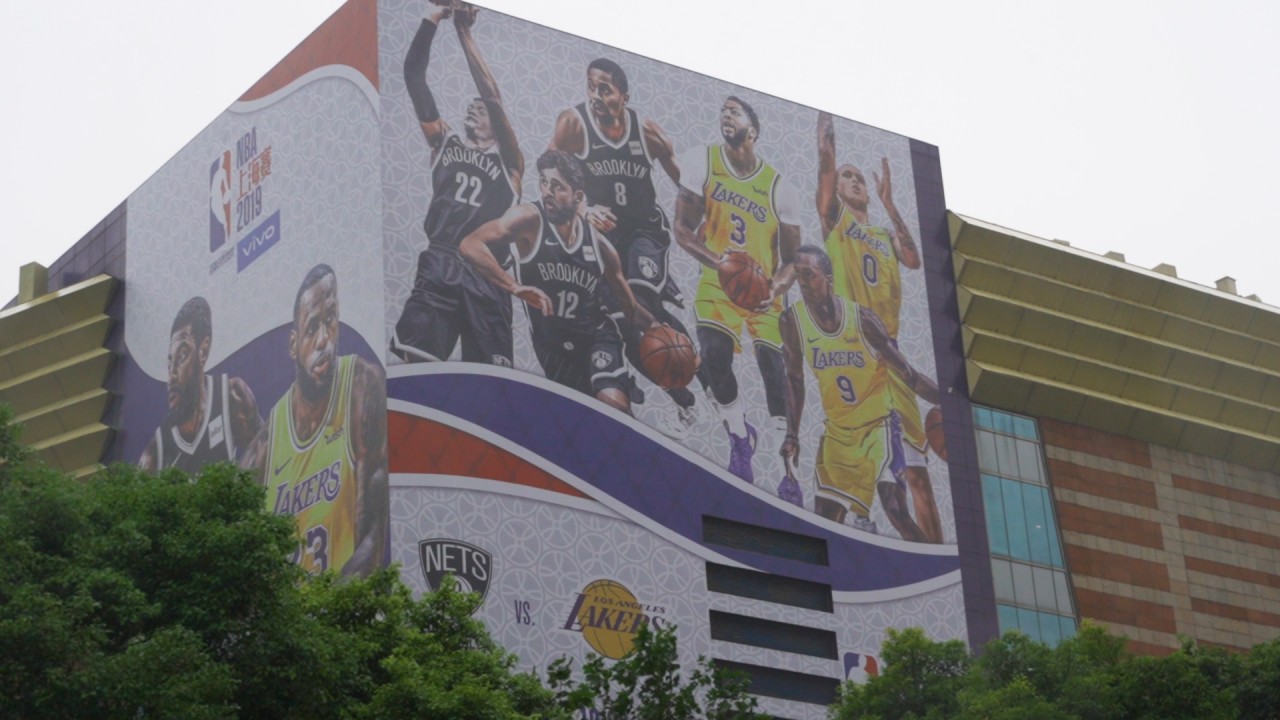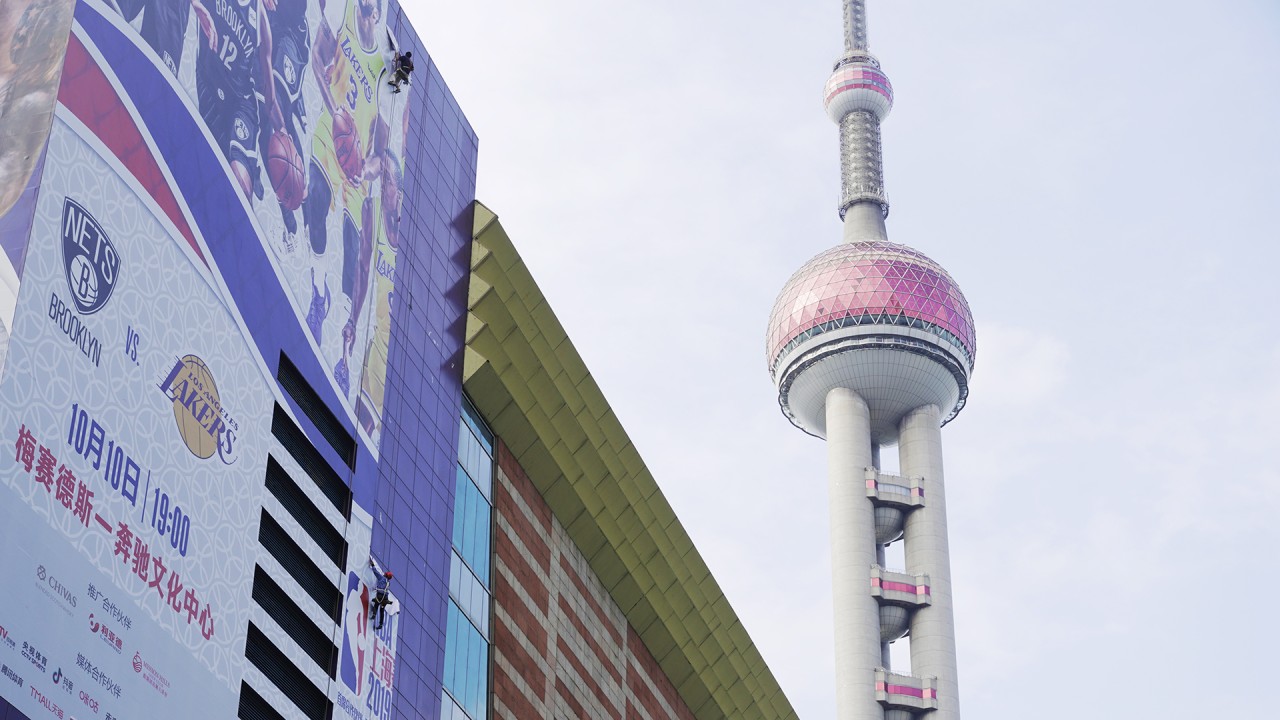
LeBron James’ and Jeremy Lin’s Black Lives Matter support does not mean they must have a view on Hong Kong protests
- Joshua Wong highly critical of star’s silence on NBA-China crisis and Hong Kong protests while being vocal on US
- Social media whataboutery to athletes such as Jeremy Lin diminishes everyone’s cause despite success not being zero-sum
But what about?
These are among the worst words on the internet, often coming before a charge of hypocrisy while not dealing with the matter at hand.
“Defending democracy is vital, but @KingJames [LeBron James] only talks loud in the US. On China, not only is he silent, he actively shuts others up,” Hong Kong pro-democracy activist Joshua Wong wrote on Twitter last week. “He called @dmorey [Daryl Morey] ‘misinformed’ and ‘not really educated’ for supporting #HongKong. All he cares about is money, not human rights. Hypocritical.”
The tweet was retweeted more than 11,000 times and got nearly 25,000 likes. It also resulted in a lot of comments that posted memes of James in league to China, such as his face replacing Mao Zedong’s on the 100 yuan bill. Wong himself replied with several of them.
James only spoke about it when back in the US before another preseason game, this time against the Golden State Warriors on October 15. It was here when he said what so angered Wong and many others in Hong Kong and around the world.
It is easy to see why they were so upset and remain so. James has been outspoken on issues in the US but silent on the one closest to their hearts. His voice would undoubtedly add to theirs if he so chose to share it.
China buys sneakers, too – why NBA and players cannot escape politics
But while there is a right and arguably a responsibility for athletes to use their platforms for good, do they have to do it for every cause?
James tried to clear up his stance on Twitter on October 15. “Let me clear up the confusion. I do not believe there was any consideration for the consequences and ramifications of the tweet. I’m not discussing the substance. Others can talk about that.”
It is not just James, of course, but amid the ongoing Black Lives Matter protests, whataboutery has raised its ugly head.

02:33
NBA ‘not apologising’ to China for Daryl Morey’s tweet about Hong Kong as CCTV drops preseason game broadcasts
Supporting one cause at a specific time is not tantamount to denying all others for eternity. It is not like they can all be dealt with in 280 characters on Twitter.
But what about Yemen? What about Me Too? What about the NHS? The list goes on. There are almost infinite causes that people think deserve championed but why is it so wrong to call for one at a time?
‘Angry’ Michael Jordan speaks out as sport mourns George Floyd
If there is no focus then none of them will be dealt with and surely that matters most of all?
Perhaps what matters is that social media normalises a culture where people are allowed to say, “You know what, I do not know very much about that subject and I would like to learn more to form an opinion”.
You should be allowed to sit on the fence before you decide which side you are on – and that should not preclude you from having picked a side on another (unrelated) issue. There is more than one fence.
James said almost exactly that.

01:55
NBA game in Shanghai goes ahead amid China's fury over pro-Hong Kong tweet
“I feel like with this particular situation, not only was I not informed enough about,” James said on October 14, “I just felt like it was something not only myself or my teammates or our organisation had enough information to even talk about it at that point in time. And we still feel the same way.”
There are other athletes who might be expected to speak out about Hong Kong, such as local athletes, but most have chosen to stay silent.

02:16
NBA's Shanghai tour in disarray after Morey's Hong Kong protest tweet
What is clear is that whataboutery is not the answer, it is as bad as James being told to “Shut up and dribble” by Fox News. Employing a Soviet-era tactic is a bit rich, even if the heart of what the USSR’s Cold War dismissal of US criticism is as apposite now as it was then.
But what about nothing.

